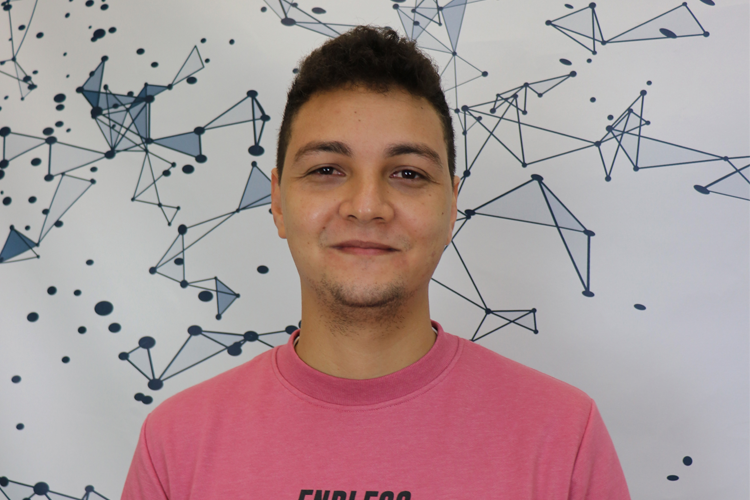IMDEA Networks

Beyond Voronoi: Plain Probabilistic Spatial Coverage Inference from Base Station Deployments

Orlando E. Martínez-Durive, Estudiante de doctorado en IMDEA Networks Institute, Madrid, España
In-house Presentation
A vast body of works on mobile networking employs simplified Voronoi cell representations of cellular base station coverage as a basis for their analyses. However, when confronted with real-world propagation, Voronoi tessellations may easily introduce spatial inaccuracy. In this paper, we leverage a large-scale dataset of realistic spatial association probabilities to over 5,000 operational base stations and quantify the substantial problems of Voronoi diagrams as a model of cellular coverage. To address these limitations, we develop vSCARF, a data-driven model that scales Voronoi cells to better match the actual probabilistic coverage of base stations. vSCARF relies on the same input as traditional Voronoi decompositions but provides a richer and more accurate rendering of the cellular coverage. Hence, our model can be readily used by researchers and practitioners to substantially improve the spatial representation of mobile network metadata. Specifically, our experiments demonstrate that vSCARF improves the quality of the average coverage information by 31% over standard Voronoi cells. More importantly, and unlike Voronoi diagrams, it allows capturing the probabilistic nature of BS coverage. We showcase the utility of our model in a practical Edge network planning use case, where the coverage produced by vSCARF drives a deployment up to 50% more accurate than that obtained with Voronoi cells, and within 5% of the optimum.
About Orlando E. Martinez-Durive
Orlando E. Martinez-Durive is a PhD researcher in the Network Data Science Group at IMDEA Networks. He received his bachelor’s and master’s degrees in Computer Science from the University of Havana in Cuba. During his master’s thesis, he worked closely with the Cuban National Telecommunications Company, analyzing the impact of government policies on human mobility during the pandemic COVID -19. His main research interests are remote sensing, Big Data, and combinatorial optimization.
Este evento se impartirá en inglés

